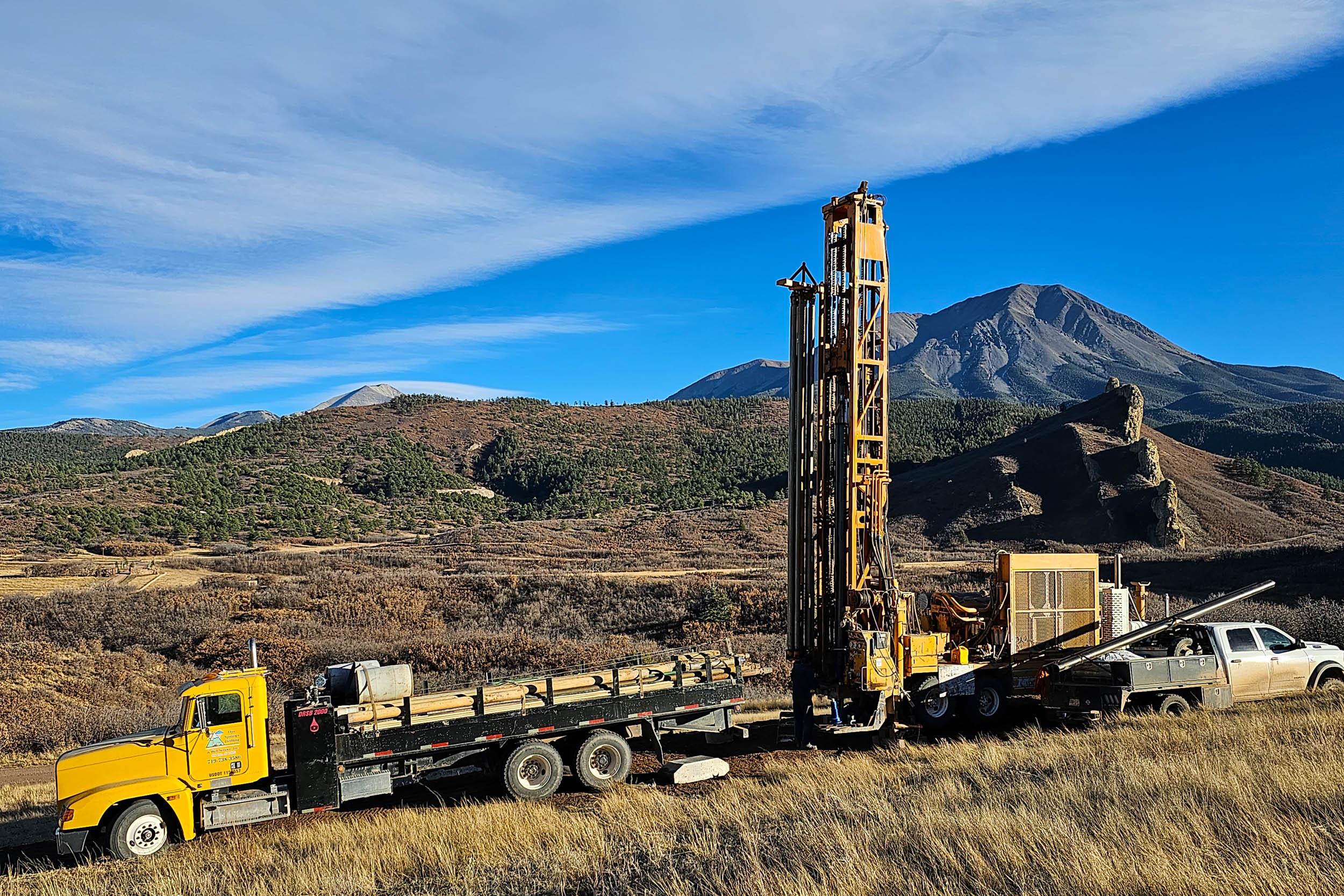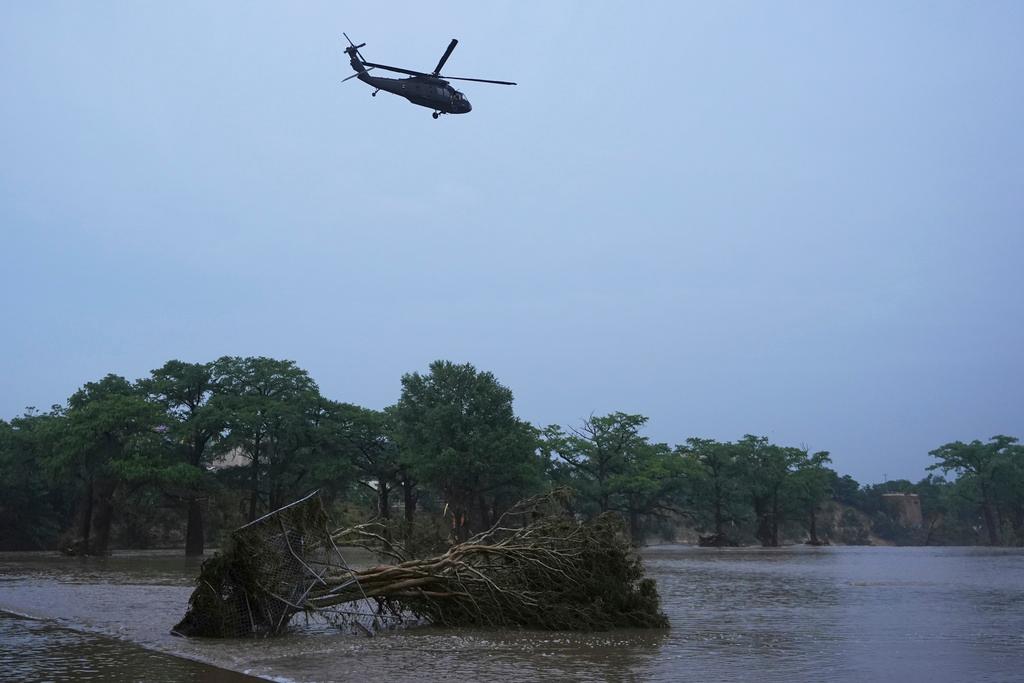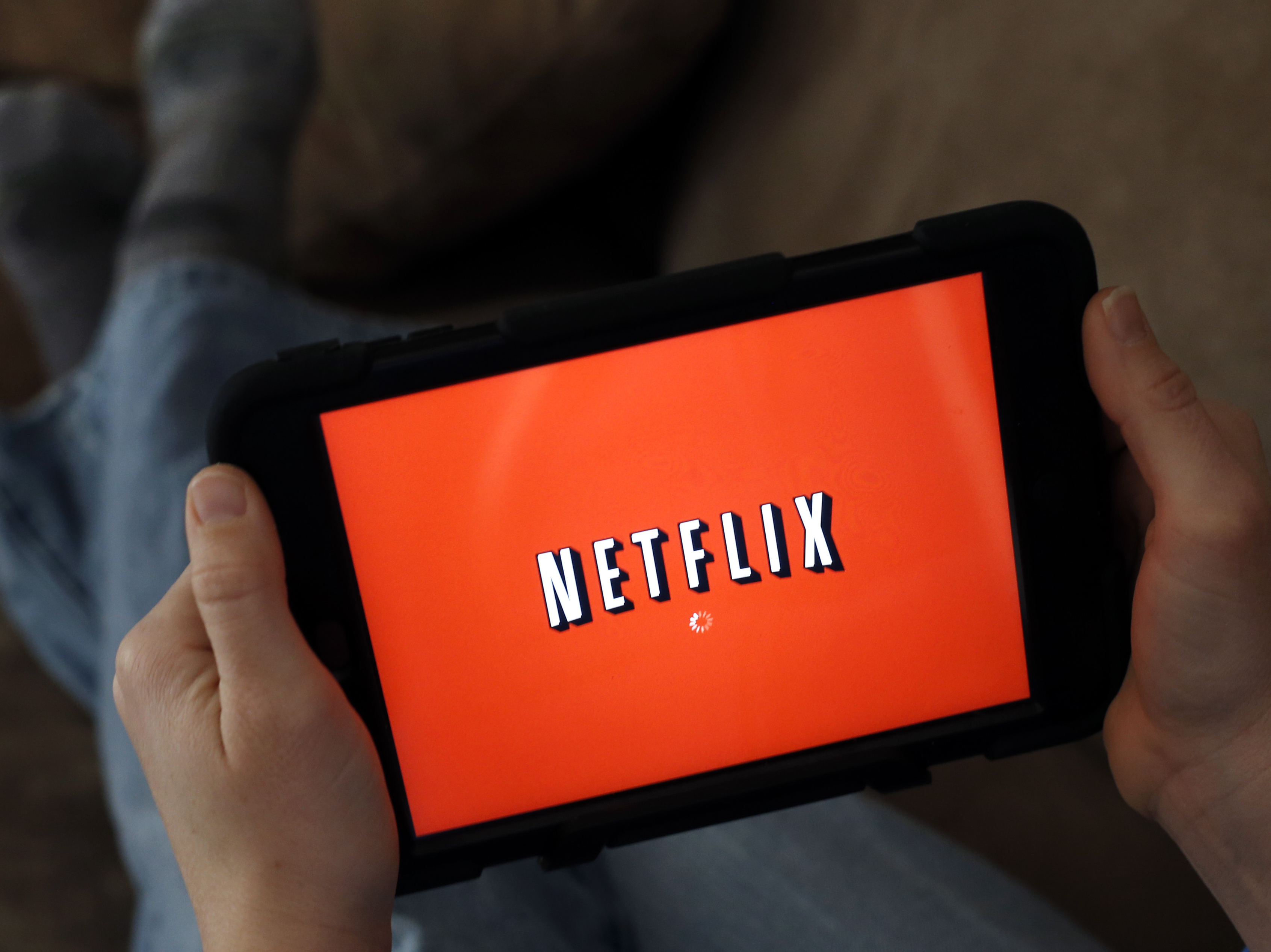
The Department of Defense could name a permanent Space Command headquarters as soon as next month, and the hope is that it will remain at Peterson Air Force Base near Colorado Springs.
In an interview with Colorado Matters, Rep. Doug Lamborn — who represents Colorado Springs — said the DOD would be making visits to the six locations on the final list throughout this month ahead of the final announcement. Peterson currently serves as the temporary HQ and will continue to do so for the next six years even if the final location is moved elsewhere.
“I think we have a better shot than anyone else out there” of securing the permanent headquarters," Lamborn said. “But we can’t let our guard down. We have to keep pushing hard.”
He said that he and the entire Colorado congressional delegation and other state officials have been working in the effort to secure Space Command headquarters.
The effect of permanency would be massive. Lamborn said there are currently 250 aerospace and defense companies in the Pikes Peak region, accounting for more than 100,000 employees and $7 billion of annual revenue.
“When you add it all together, that’s huge for Colorado,” he said. “Think of the money from that — that would go into income tax collections to go into our state education system for instance, or property taxes to support schools. That would be so huge.”
Lamborn also talked about the National Defense Authorization Act, which President Donald Trump has threatened to veto over the internet liability shield. The president wants Congress to repeal the shield, which protects social media companies from being sued over what their users post on their platforms. Lamborn says he agrees with the president, that social media companies should be held accountable, but he does not think the repeal of the liability shield belongs in the NDAA.
However, he would not say whether he would vote to override if the president vetoed the bill.
And as the year comes to a close, Congress is negotiating another round of COVID-19 relief. Lamborn said he would like to release funds that have already been appropriated but not yet spent. But he also said he’s not sure the country needs another round of relief, saying that the first round had been mismanaged.
Interview Highlights
On Space Command HQ:
“There are some powerful states out there that have frankly a stronger political base than we do. They have more people and maybe they voted for the president, but when it comes to the nuts and bolts of the actual decision, we have far and away the most to offer. We have the people working here who are already doing the job. We’ve spent billions of dollars setting up the infrastructure that’s there right now and to move it somewhere else would take precious time, which would distract from addressing the threat.
It would be very expensive. It’d be disruptive. And, frankly, a lot of people wouldn’t want to move to some of these other places if they’re already in Colorado. So all the reason behind assessing this says it should stay here, and I hope that that’s stronger than any of these fleeting political considerations.”
On the National Defense Authorization Act and repealing the internet liability shield:
“I think we should really look at that issue, but I think we should look at it separately from the NDAA. It wasn’t part of the discussions going into Conference Committee, and it’s frankly a totally new topic that we’d be taking up after all the committee work and floor work in the House and Senate on this bill. I’m sympathetic to (President Trump’s) argument.
I think big social media, big tech, has gotten a free ride in terms of some of the toxic things that are on their platforms. And they have basically total immunity, and I think they need to have a little more responsibility. So I think it’s a topic that we should discuss, but this is not really the time and place to discuss it.”
On a possible COVID-19 relief package:
“I’m not sure we need a relief package right now because of the bad things that I just mentioned that would be in it — bailing out mismanaged cities and states. However, if it comes out of committee and comes to the floor, I will be making the point that, OK, if we’re going to do this, let’s have the liability protection on the positive side. Let’s use money that’s already been appropriated rather than new money on the positive side.
And if we sent a check out to everybody in the country, maybe we can focus that on people that are unemployed … that’s the person that needs the check, not everybody under the sun. So I want to focus the dollars where it’s really needed.”









